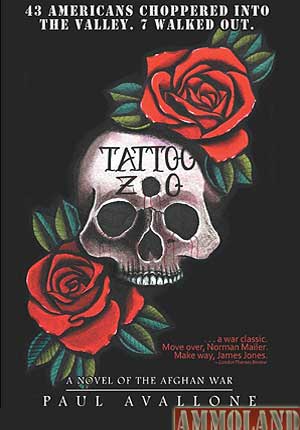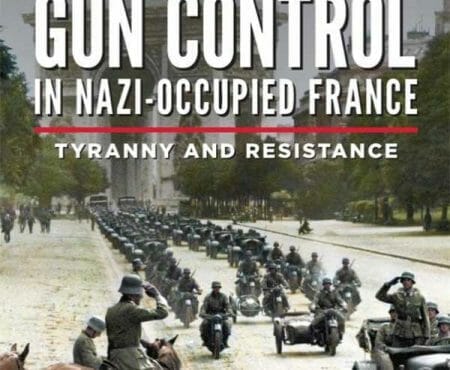Novel dramatizes the nobility of America’s soldiers in a futile war.

NASHVILLE, Tenn. – With the sudden and violent collapse of Iraq, it is inevitable to question whether or not the same fate awaits Afghanistan, ruining America’s efforts in the region.
“We won the Afghan invasion very quickly,” says Paul Avallone, a former Special Forces soldier who spent more than three years in the war, first as a Green Beret, then as a civilian embedded journalist.
“Then we proceeded to lose the war in the following dozen years of nation-building.”
Avallone argues that after the initial victory our political and military leaders did not pursue and destroy the routed Taliban and al-Qaeda enemy in their Pakistani sanctuaries. Instead they applied a war-fighting strategy of hearts-and-minds counterinsurgency coupled with extremely restrictive rules of engagement which, Avallone says, tasked our ground soldiers with fighting a war that thereafter could not be won.
“We refused to define the Taliban as Islamic ideologues, determined and relentless,” Avallone says. “And we romanticized the native Afghan, believing that if we dug him wells and gave him schools and clinics, he would set aside his tribal and religious loyalties and welcome us as his brothers. And the ultimate strategic failure: we were giving our blood and treasure for nothing in return. For no economic gain. Not oil, not shipping lanes, not a colony, not a trading partner.”
Avallone lays fault first with our political leaders who, he says, could not publicly recognize that it is a religion that we are fighting against.
“They ignored the primary tenet of Sun Tzu, to know your enemy.”
As for our allies, Avallone contends, “the Afghan will sit down to three cups of tea with you any day, but he is not going to allow you to tell him what to do or how to live, and he will fight to his death to defy you.”
Avallone rejects that we should wage wars against our own interests.
“Those who attacked us on 9/11 and those who had given them sanctuary needed to be punished, destroyed,” he argues. “But what in the years following justifies 2,500 American deaths, 20,000 life-changing injuries and a trillion dollars blown?”
Those are the undertones of Avallone’s markedly politically incorrect novel “Tattoo Zoo: A Novel of the Afghan War .” In it he distills the war down to three intense days with a fictional American infantry platoon caught, Alamo-like, in a crossfire between a fiercely attacking Taliban horde and the platoon’s own politically correct four-star command who is determined to prosecute the soldiers for war crimes.
“Tattoo Zoo” A Novel of the Afghan War By Paul Avallone ISBN: 978-1-4917-2500-9 Available in softcover, e-book and on Amazon: https://amzn.to/2IGPSeA Available on Amazon, Barnes & Noble and iUniverse“Do not blame the soldier for the failure in strategy and the lost war,” Avallone says. “I was one of them and then spent years with them, and by and large, a hundred to one, the American GI has fought the Afghan War bravely, honestly and honorably.” He adds with regret, “The same cannot be said of our high command, both civilian and military.”
About the author
Paul Avallone spent more than three years in the Afghan War, first as a Green Beret, then as a civilian embedded journalist. He wrote “Tattoo Zoo” as an old-fashioned war story along the lines of Mailer’s “The Naked and the Dead” and Jones’ “The Thin Red Line” using a novel to convey the experience of the war from a warrior’s perspective. Avallone celebrates the soldier as far more honorable than flawed; criticizing the command as morally challenged.

